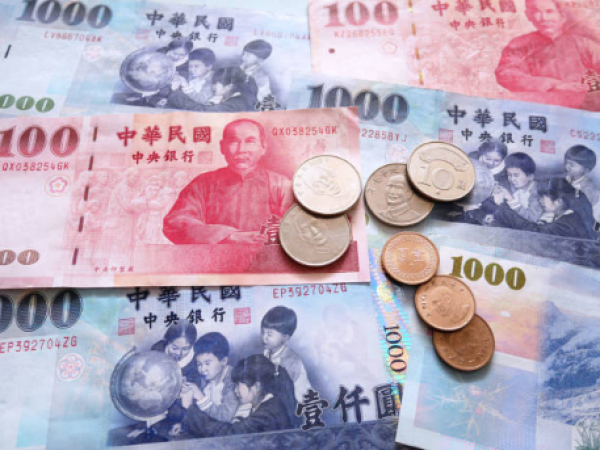
Taipei: Taiwan is stepping up its stimulus efforts this year to help lift the US$830 billion economy out of recession ahead of a presidential election in January, from the nation's citizens' bank accounts to the tourism industry's resurgence.
Taiwan, one of the biggest exporters of high-tech goods in the world, entered a recession in the first quarter of this year as a result of a drop in demand for the PCs, smartphones, and semiconductor chips that are the island's trademark.
"Taiwan's economic performance this year must rely on the domestic demand market, so the government's stimulus policies are targeted at projects that boost domestic consumption," said Darson Chiu, a research fellow at the Taiwan Institute of Economic Research in Taipei.
Also Read: India working to rein in inflation: Nirmala Sitharaman
Taiwan began a programme on Monday to distribute spending cards and stored-value cards to incoming tourists via a lucky draw, which was one of the larger handouts.
The equivalent of NT$5,000 (US$163) will be distributed to each of the half a million eligible foreign visitors.The same programme will grant organised tours with eight to fourteen participants NT$10,000 each, with NT$20,000 available for larger groups.
The government announced last week that it would provide NT$1 billion (US$32.6 million) to help fill labour shortages in a variety of industries, including tourism and hospitality, with the goal of luring 20,000 workers over the course of the following year through subsidies provided to employers or payments made to employees.
The government started issuing cash payments worth about $194 per citizen or long-term foreign resident in April as well, using a NT$140 billion tax surplus that had accumulated over the course of its previous economic expansion.
Also Read: Saudi Arabia took a big decision to defeat Russia, India benefits from both sides
The Ministry of Economic Affairs also disclosed last week that it would award 11 projects NT$18.36 million (US$598,000) as part of a programme to aid small- to medium-sized businesses.
The 11 projects will receive funding for "innovative technology" or research and development, the ministry announced. The projects span the fields of electronics, communications, machinery, services, and biotechnology.
An amount of stimulus is required to soften the fall of investments and exports, according to Heron Lim, an economist with Moody's Analytics in Singapore.
Taiwan's export orders decreased by 25.7% in March, the seventh consecutive month of decline, as a result of persistently weak consumer demand in mainland China, Europe, and the US.
After three years of being idle, the tourism industry needs to be revived. However, Taiwan's current labour shortages in the services sector are limiting this recovery, Lim continued.
Six million tourists are anticipated to visit this year, with 12 million expected to return by 2024, according to the Ministry of Transportation and Communications.
The early stages of the pandemic, when the borders were closed to tourists, were already survived in Taiwan by the 9,500 tour guides, 2,800 travel agencies, and 3,400 hotels on government subsidies and revenue from domestic travel.
According to Hiro Liao, vice-president of Skal International East Asia and president of Skal International Taipei, overseas travel agencies only receive 60% of the money given to group tours, leaving a minority share to their partners in Taiwan.
Many tourists and their foreign travel agents, according to Connie Chang, general manager of Golden Foundation Tours in Taipei, are unaware of the stimulus.
I don't recall ever hearing anyone come to me and say, "Connie, I plan to send more people over," she said, adding that she specialised in long-haul travel, such as to English-speaking nations.
According to Raymond Wu, president and chief executive of the Taipei-based e-telligence Research and Consulting Group, the stimulus handouts to citizens should increase consumption, including hotels, services, and transportation as "money changes hands".
"The global market has to recover."
Also Read: A better picture of the approaching debt 'X-date' is provided by the IRS more quickly
According to Chen Yi-fan, an assistant professor of diplomacy and international relations at Tamkang University near Taipei, this year's stimulus "can be seen as pork barrel politics" before the January 13 presidential election. Pork barrel politics typically refers to spending that is intended to benefit a politician's supporters in exchange for their support.
With Tsai Ing-wen's second and final term ending in May of next year, the pro-independence Democratic Progressive Party has endorsed current vice president Lai Ching-te as its 2024 presidential candidate.
Voters will have moved past the stimulus measures by January and will instead be focused on other issues. Opposition parties are still choosing their candidates.